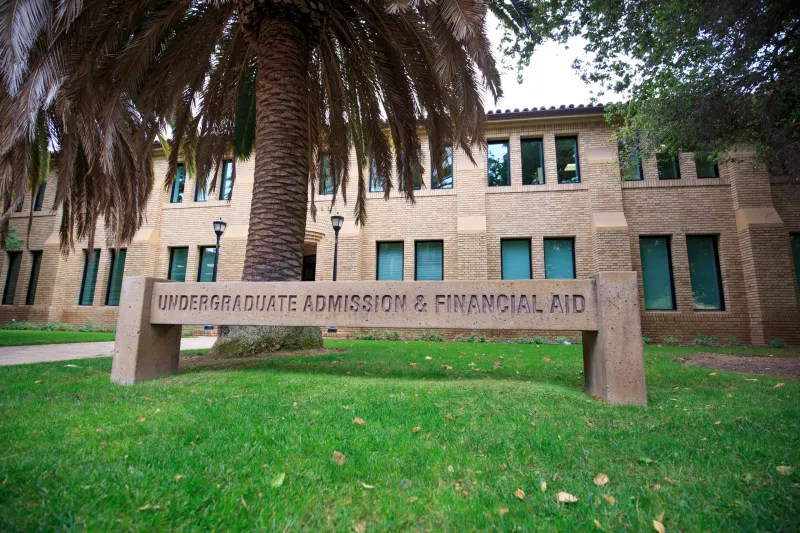Students expressed fears over the future of diversity and inclusivity at Stanford, in light of the Supreme Court’s decision to strike down affirmative action.
The Supreme Court’s (SCOTUS) June ruling against the consideration of race within college admissions elicited impassioned reactions from Stanford’s community student groups, who worried about the potential impact the decision would have on minority representation and urged University administrators to respond.
“[The Court’s] decision on affirmative action was — and still is — deeply upsetting and devastating. As Black students at an elitist university where affirmative action is extremely necessary, processing this ruling has been hard,” the Stanford Black Student Union (BSU) wrote in a statement following the decision.
Camille Slagle ’24, who is president of the Pacific Islander Student Association, said she is concerned that the ruling will reduce diversity and inclusivity for minority groups on campus.
“Stanford, which has all of these community centers, all of these resources, is a large abundance of help, [allowing] people to connect to their communities,” she said. “I’m extremely terrified that diversity is going to decrease and we’re moving in a negative, backwards direction as a society.”
At Stanford, Slagle said the ruling could lower the number of Native Hawaiian and Pacific Islander students, who already make up less than 1% of the current undergraduate population. The Asian and Pacific Islander Law Students Association (APILSA) wrote that it is worried “the end of affirmative action will diminish the vibrant, diverse culture of our community.”
Some fear that these repercussions may further isolate marginalized communities at institutions like Stanford.
“We know all too well that many Black students at Stanford regularly feel isolated and the lack of belonging that comes with being a minority at a predominantly white institution,” the BSU wrote in their July 2 statement.
It added that affirmative action was an opportunity to further diversity the student body, and that its continued usage within admissions “poses a benefit not only to Black students themselves but to a university that wishes to enrich the lives of every student by valuing different perspectives and experiences.”
CardinalBLCK, a coalition of Black student-athletes, said students like them face added pressure and discrimination for being both Black and student athletes. In a statement following the ruling, the coalition wrote that its members “are conditioned to be used to the idea that others may not think we belong here.”
For many, this ruling will have consequences at both the personal and institutional levels.
The Stanford Latinx Law Students Association wrote that the decision will worsen “racial inequalities in higher education.”
Gabriel Thompson ’26 said the Court disregarded the racist histories of standardized testing and legacy admissions and “does not care about fairness.”
These structural changes have major personal stakes as well. Slagle said that as a Native Hawaiian, she felt “absolutely terrified” by what the decision means for her applications to graduate programs. She said that while she is used to being the only Native person in the room, it was “terrifying to think” that she “might not even have the chance to have a seat at the conversation.”
“Less than 28% of us have a college degree,” Slagle said of the Native Hawaiian community. “So it’s super important because we are such a small percentage of the population to begin with and an even smaller percentage in college.”
Pointing to the Supreme Court’s docket over the past year, APILSA said this was one of several recent decisions to limit people’s rights. A June ruling had also restricted protections for LGBTQ+ individuals by holding that a web designer had the First Amendment right to deny service to same-sex weddings.
“In the course of a year, the Court has risked stripping away bodily autonomy from a majority of the population; further entrenched wealth inequality by blocking student loan relief; struck a blow against LGBTQ+ rights and abetted a national gun violence crisis by hampering firearm regulations,” APILSA wrote in a July statement.
To remedy the consequences of the Supreme Court ruling to the extent possible, students urged University administration to seek broad input from the community, especially those directly impacted by the affirmative action ruling.
“I think being more inclusive of listening to the community and to the students [can help], because we are the ones who have to go through these experiences,” Slagle said. “We are the ones having to deal with the impacts of the government [and] our college institutions.”
